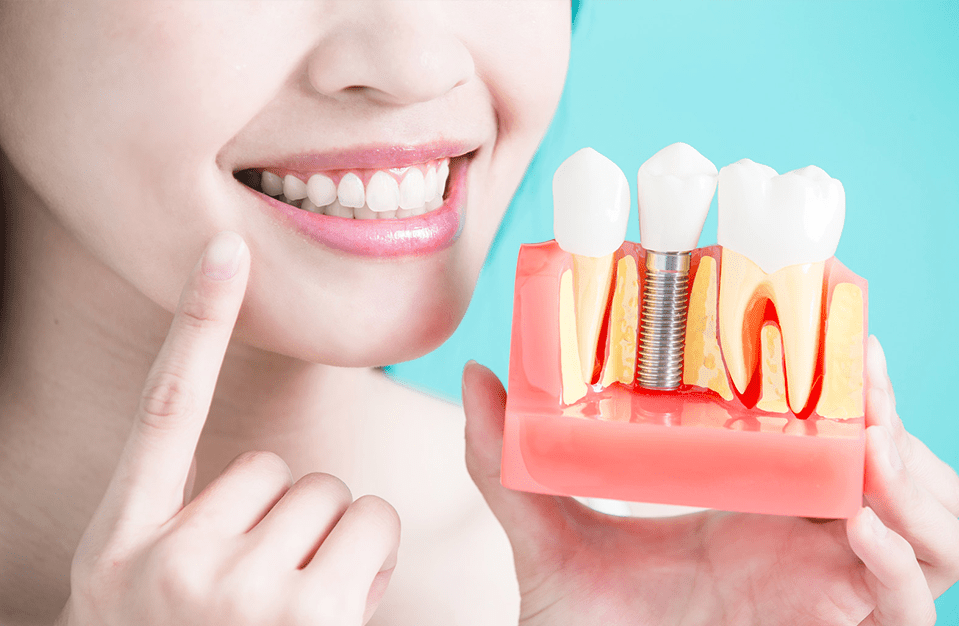Say Goodbye to Tooth Sensitivity: Effective Treatments for Sensitive Teeth

Image Source: Google
Dealing with tooth sensitivity can be a real pain, making it uncomfortable to eat or drink anything too hot, cold, sweet, or acidic. However, there are effective treatments available that can help alleviate this discomfort and improve your dental health. In this article, we will explore some of the most effective treatments for sensitive teeth so that you can say goodbye to tooth sensitivity once and for all.
Understanding Tooth Sensitivity
Tooth sensitivity is a common dental problem that affects millions of people worldwide. It occurs when the protective enamel on the outside of your teeth wears down, exposing the sensitive dentin layer underneath. This can lead to discomfort or pain when your teeth come into contact with hot, cold, sweet, or acidic substances. Some common causes of tooth sensitivity include:
- Tooth decay
- Gum recession
- Cracked teeth
- Worn enamel
- Dental procedures such as teeth whitening
Effective Treatments for Sensitive Teeth
Desensitizing Toothpaste
One of the easiest and most common treatments for sensitive teeth is using desensitizing toothpaste. These toothpastes contain compounds that help block the transmission of sensation from the tooth surface to the nerve, reducing sensitivity over time. When using desensitizing toothpaste, it is important to:
- Brush gently to avoid further enamel damage
- Use fluoride toothpaste for overall dental health
- Be patient, as it may take a few weeks to see results
Fluoride Treatments
Fluoride treatments can help strengthen enamel and reduce tooth sensitivity. Your dentist may apply a fluoride gel or varnish to your teeth during a dental visit, or recommend a fluoride mouthwash for you to use at home. Fluoride works by remineralizing the enamel, making it more resistant to acid attacks and reducing sensitivity.
Dental Bonding or Sealants
If your tooth sensitivity is caused by exposed dentin or minor cracks in your teeth, your dentist may recommend dental bonding or sealants to cover and protect the sensitive areas. These procedures can help reduce sensitivity and protect your teeth from further damage.
Mouthguards or Night Guards
If your tooth sensitivity is caused by bruxism (teeth grinding) or clenching, wearing a mouthguard or night guard while sleeping can help alleviate the problem. These oral devices help protect your teeth from excessive wear and tear, reducing sensitivity and preventing further damage.
Diet and Lifestyle Changes
Making changes to your diet and lifestyle can also help reduce tooth sensitivity. Avoiding acidic foods and drinks, cutting back on sugary snacks, and practicing good oral hygiene habits such as regular brushing and flossing can all contribute to healthier teeth and less sensitivity.
Professional Dental Treatments
If your tooth sensitivity is persistent and severe, it is best to consult with your dentist for professional treatment options. Some common professional treatments for sensitive teeth include:
- Desensitizing treatments applied in-office
- Dental bonding or sealants
- Gum graft surgery for receding gums
- Root canal therapy for severe cases
Preventing Tooth Sensitivity
While there are effective treatments available for sensitive teeth, prevention is always better than cure. Here are some tips to help prevent tooth sensitivity in the first place:
- Brush your teeth gently with a soft-bristled toothbrush
- Use fluoride toothpaste for enamel protection
- Avoid acidic foods and drinks
- Limit sugary snacks and beverages
- Visit your dentist regularly for check-ups and cleanings
- Wear a mouthguard if you grind your teeth
Conclusion
Dealing with tooth sensitivity can be a frustrating experience, but with the right treatments and preventive measures, you can say goodbye to sensitive teeth and enjoy a healthier, happier smile. Whether you opt for desensitizing toothpaste, fluoride treatments, dental bonding, or professional dental care, there are plenty of options available to help you manage and reduce tooth sensitivity. Remember to consult with your dentist to determine the best treatment plan for your individual needs and reclaim your comfort and confidence when it comes to your dental health.
